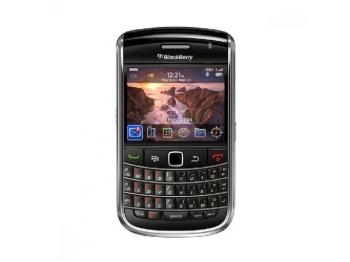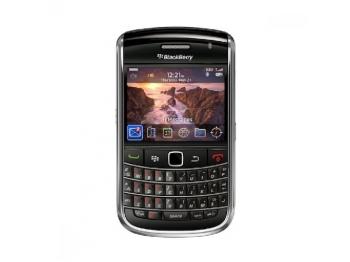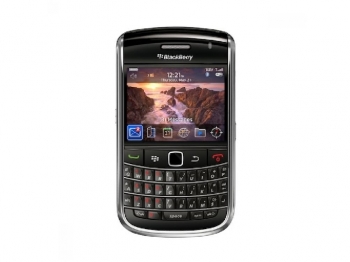Smartphones are high on the list this holiday season, and there are three main contenders—iPhone, Android, and BlackBerry. Each has its own drawbacks and perks, and each is suited for a specific crowd. We’ll start by matching the best phone for each person on your list, and go into more detail after.
Teens: The iPhone makes the ideal gift for teens, mostly because it is still considered cool. Android has a bit too much to it, and the BlackBerry just isn’t that hip.
Techies: Any tech-savvy user will love Android. It has a much more open app store, it allows for more customization, and it allows for tethering—which means users can connect it to a laptop and use the phone’s Internet connection to surf the Web.
Users Who Prefer Simplicity: The iPhone is still the most simple and easy-to-use smartphone on the list. Just slide a bar to turn it on and you’re ready to go. Since there isn’t a whole lot users can do in terms of customization, filtering through options is easy. Most of the phone’s more advanced functions are run through apps, which vary in complexity.
Business Community: Nothing says you mean business like a BlackBerry holstered on your belt. The phone is common in the big-business community due to its encrypted e-mail and full external QWERTY keyboard that makes it easier to type e-mails and review documents. Even President Obama has one, right?
iPhone 4
Teens: The iPhone makes the ideal gift for teens, mostly because it is still considered cool. Android has a bit too much to it, and the BlackBerry just isn’t that hip.
Techies: Any tech-savvy user will love Android. It has a much more open app store, it allows for more customization, and it allows for tethering—which means users can connect it to a laptop and use the phone’s Internet connection to surf the Web.
Users Who Prefer Simplicity: The iPhone is still the most simple and easy-to-use smartphone on the list. Just slide a bar to turn it on and you’re ready to go. Since there isn’t a whole lot users can do in terms of customization, filtering through options is easy. Most of the phone’s more advanced functions are run through apps, which vary in complexity.
Business Community: Nothing says you mean business like a BlackBerry holstered on your belt. The phone is common in the big-business community due to its encrypted e-mail and full external QWERTY keyboard that makes it easier to type e-mails and review documents. Even President Obama has one, right?
iPhone 4







